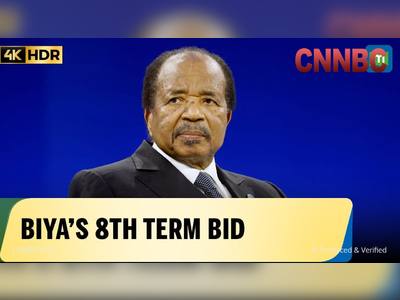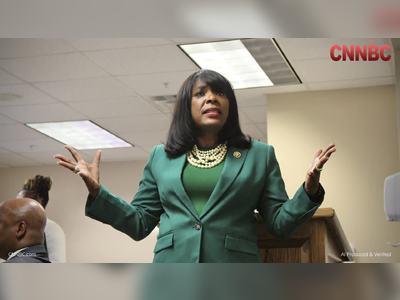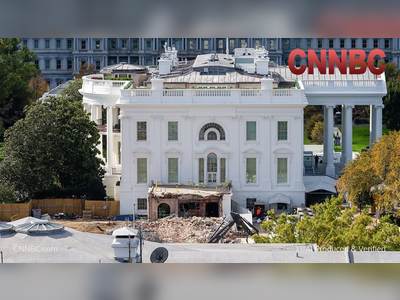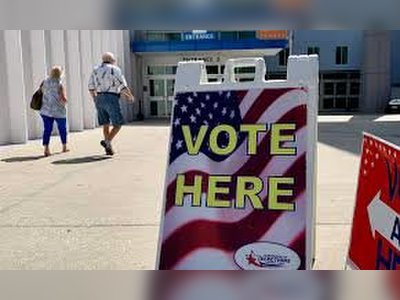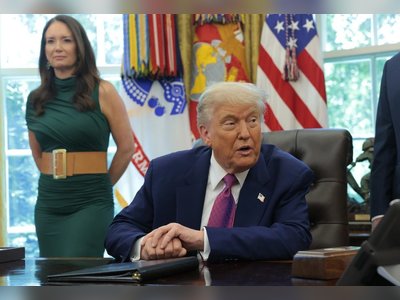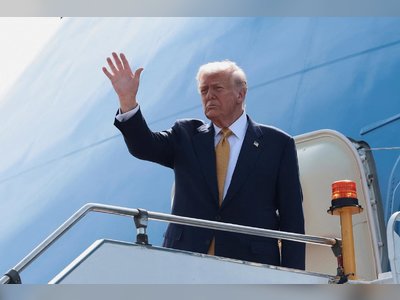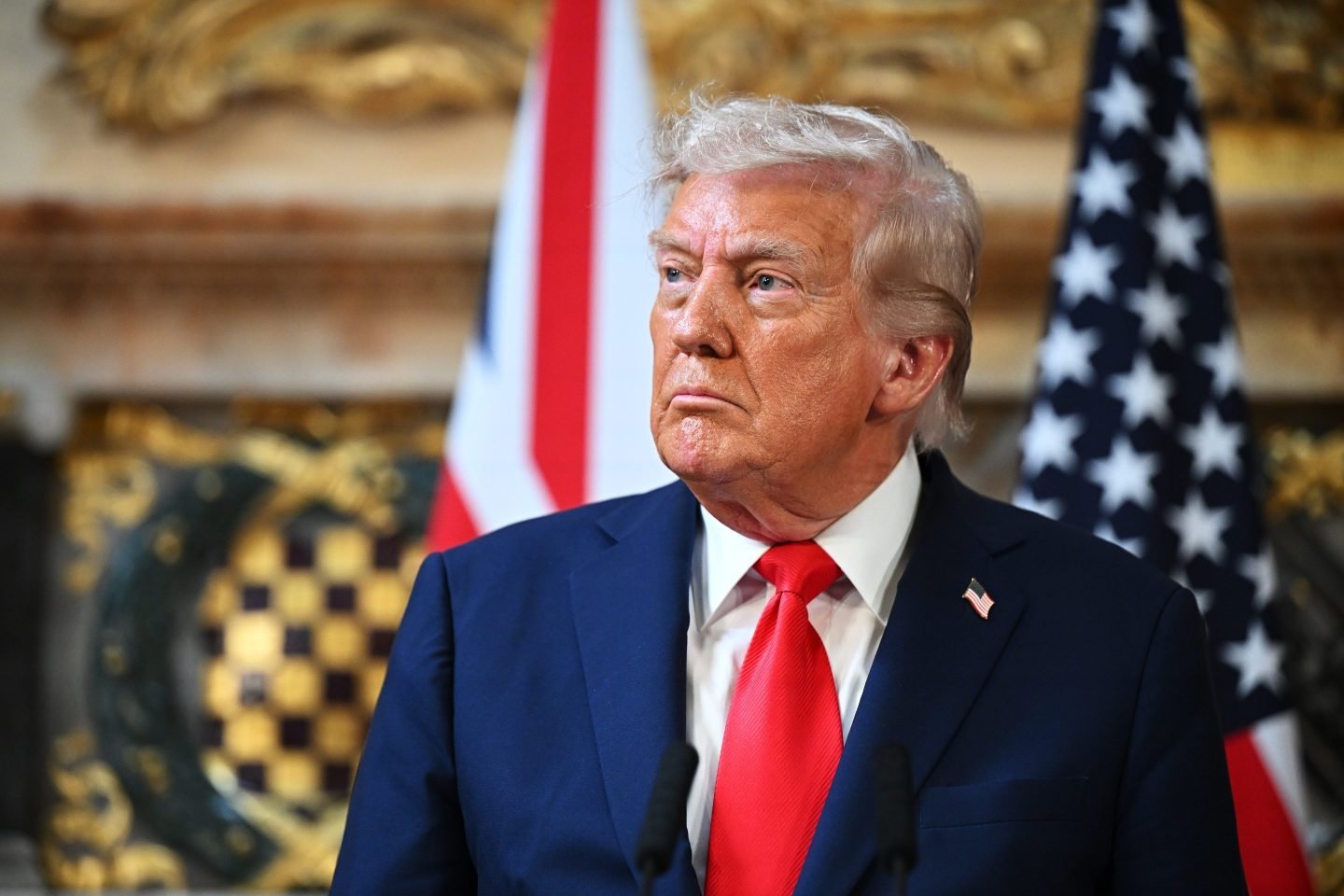
Why Washington Is Acting Like Recession Is Imminent Despite Growing U.S. Economy
Stimulus and rate-cut signalling suggest policymakers are pre-emptively gearing up for a downturn
At a moment when the U.S. economy is still growing, the federal government and central bank are behaving as though a recession is just around the corner.
A flurry of fiscal stimulus and anticipated monetary easing raise the question: why the sudden sense of urgency?
The landmark ‘‘One Big Beautiful Bill Act’’ (OBBBA), signed into law on July 4 2025 under President Donald Trump, locks in sweeping tax cuts and spending provisions touted as pro-growth.
The law brings in measures such as making 100 % bonus depreciation permanent from January 19 2025, eliminating tax on tips and car-loan interest, and extending provisions of the 2017 Tax Cuts and Jobs Act.
Simultaneously, the Federal Reserve’s policy-making arm has signalled a willingness to cut interest rates even while inflation remains around 3 %, above the official 2 % target.
Some officials argue the current monetary stance may be too restrictive, while others suggest the moves reflect concern over softening job markets and state-level contractions.
Economists point to data that many U.S. states are already in recession, even if the national economy is not.
According to analysis from Moody’s chief economist Mark Zandi, 23 states are contracting, just 16 are seeing growth and the remainder are treading water.
Consumer sentiment is weak, household debt is elevated and uncertainty around tariffs and global trade remains large.
For its part, the White House argues that the OBBBA and other policy acts are about seizing growth opportunities, not responding to collapse.
Treasury Secretary Scott Bessent has framed the legislation as essential to avoid major tax hikes and a full-blown financial crisis.
Nevertheless, some analysts warn that stimulus and rate cuts now may overshoot the need, creating risks of overheating in 2026 should growth rebound—particularly if inflation stalls around 3 % and expands further.
In short, the proactive posture of Washington suggests that policymakers are betting on headwinds rather than tailwinds—because in their view, delay could be costlier than pre-emptive relief.
A flurry of fiscal stimulus and anticipated monetary easing raise the question: why the sudden sense of urgency?
The landmark ‘‘One Big Beautiful Bill Act’’ (OBBBA), signed into law on July 4 2025 under President Donald Trump, locks in sweeping tax cuts and spending provisions touted as pro-growth.
The law brings in measures such as making 100 % bonus depreciation permanent from January 19 2025, eliminating tax on tips and car-loan interest, and extending provisions of the 2017 Tax Cuts and Jobs Act.
Simultaneously, the Federal Reserve’s policy-making arm has signalled a willingness to cut interest rates even while inflation remains around 3 %, above the official 2 % target.
Some officials argue the current monetary stance may be too restrictive, while others suggest the moves reflect concern over softening job markets and state-level contractions.
Economists point to data that many U.S. states are already in recession, even if the national economy is not.
According to analysis from Moody’s chief economist Mark Zandi, 23 states are contracting, just 16 are seeing growth and the remainder are treading water.
Consumer sentiment is weak, household debt is elevated and uncertainty around tariffs and global trade remains large.
For its part, the White House argues that the OBBBA and other policy acts are about seizing growth opportunities, not responding to collapse.
Treasury Secretary Scott Bessent has framed the legislation as essential to avoid major tax hikes and a full-blown financial crisis.
Nevertheless, some analysts warn that stimulus and rate cuts now may overshoot the need, creating risks of overheating in 2026 should growth rebound—particularly if inflation stalls around 3 % and expands further.
In short, the proactive posture of Washington suggests that policymakers are betting on headwinds rather than tailwinds—because in their view, delay could be costlier than pre-emptive relief.


